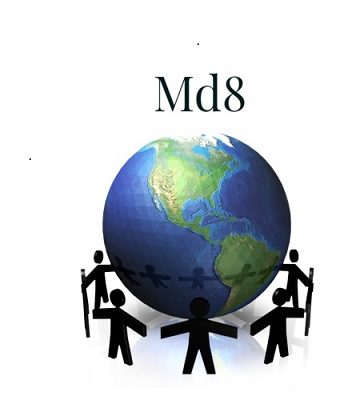PROCESS
The process begins with you attending a MIAM (your individual mediation information and assessment meeting).
After attending this meeting, providing both of you and I agree mediation is suitable, a joint mediation session will be arranged via Zoom.
This is arranged as a joint meeting where all three of us appear together on screen for discussions.
If there are any safeguarding concerns, or one of you is unable to face the other in a joint meeting a shuttle mediation can be arranged. You would not attend the same meeting but would each attend a different meeting arranged at the same time, and I will work between you taking information, feeding that back and taking a response. Each session is scheduled between 1.5 hours and 2 hours which can mean the number of sessions may increase as it takes longer to make progress when working in this way. We will decide this together. Nonetheless, decisions can still be taken and agreements reached.
TIMING
Joint mediation sessions usually last between 60- 90 minutes. Sessions focusing on child only issues are usually scheduled for one hour, whereas those focusing on finance are scheduled for 90 minutes.
NUMBER OF SESSIONS
The average number of sessions to discuss arrangements for children is around three.
Child only sessions are usually scheduled for one hour, and financial discussions for 90 minutes.
When discussing finances the average number of sessions needed is usually between three and five.
We decide together when another session is needed.
COSTS
Each hourly session per person is £130.00 (children).
Each session per person on finances costs £195.00 (90 minutes).
If a formal Parenting Plan is drafted, this costs per person, between £130.00 and £195.00.
If you agree on a financial settlement, the mediator drafts two documents at a minimum cost of £325.00 per person, but these often cost more as they may take longer than two and a half hours to draft. As it depends on the complexity of your case, you may need to allow for a higher cost.
WHAT HAPPENS IN A MEDIATION SESSION
- I am responsible for managing the session and will use agreed ground rules to help it run smoothly. You are each given the opportunity to have your say, to respond and to discuss as civilly and amicably as possible everything you want to raise in relation to moving forward.
- It is a future focused discussion avoiding dwelling in the past and raising fault or blame.
- You decide the agenda for discussion.
- You make all the decisions.
- Decisions about the children are based on what the children need.
- Financial decisions are also based on needs: if you have children their needs come first, but if there are no children your individual needs are taken into account and what you consider to be fair and reasonable in all the circumstances.
- Full and frank financial disclosure is required.
- The mediator will help you to agree on common goals and outcomes, and to consider what you may need to do differently to achieve them. If you need to agree on a financial settlement, unless you are very wealthy, it is rare that you will each be able to have what you want. When there is a gap in expectations for moving forward, you will be encouraged to consider a compromise. As it costs more to run two homes than one you will be encouraged to look at your respective needs and what is fair and reasonable.
- Children cannot be split in two, and although you may agree on shared care this does not necessarily mean time is split 50/50 between the parents. The needs of the children underpin all decisions concerning arrangements for contact.
- Discussion will also focus on a Parenting Plan for the children and include decisions about holidays, birthdays, Christmas, family celebrations, child support and communication between you.
One of the aims in mediation is to help conflicted parents move from this

………. to this. Perhaps not best friends, but able to be civil, amicable, and working together as co-parents.

Your children need you both to get on with one another.
Ending your relationship/marriage with a bit of dignity is better than ending it acrimoniously.
